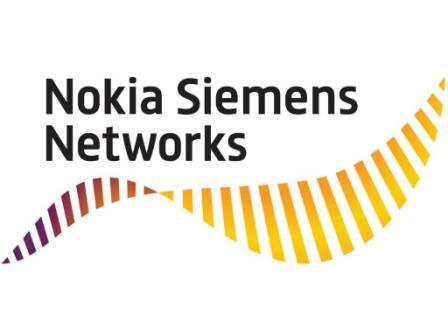Nokia Siemens Networks generated an operating profit for the fourth consecutive quarter, which had never before been accomplished in company history. Operating margin remained low at 0.3 percent that represents a 710 basis point improvement from Q2 2012.
Cost savings associated with restructuring, including a total headcount reduction of 6,658 since 2Q12, are only part of the picture as NSN also expanded its gross margin by 1,340 basis points year-to-year to 38.3 percent, once again besting its peers. These results indicate NSN’s strategy to exit unprofitable contracts and increase the percentage of revenue from developed markets, particularly the United States, is paying dividends.
The company’s revenue declined 16.8 percent year-to-year, or 11 percent organically. NSN divested several business units (including BSS and Optical Networks) and made multiple contract exits in the last year, but slowing deployment activity is driving organic growth downward.
NSN was heavily involved in initial LTE deployments in Japan and South Korea and with rollouts in both countries largely complete, revenue in NSN’s Asia Pacific region fell 24 percent from 2Q12. NSN’s only growth region was North America, where the T-Mobile USA LTE rollout peaked in 1H13.
In the short term, NSN will be hard-pressed for growth in Asia Pacific as potential capacity investments by Japanese and South Korean operators will not compensate for the conclusion of LTE deployment. Revenue also declined 24 percent in China as GSM sales continued to slow prior to anticipated LTE investment by the country’s operators.
Nokia’s purchase of Siemens’ stake in NSN alleviates uncertainty around NSN’s ownership situation
In July Nokia agreed to buy out Siemens’ 50 percent stake in NSN for €1.7 billion (or $2.2 billion). Once the deal closes, estimated to be in 3Q13, NSN will become a wholly owned subsidiary of Nokia and will retain its current management team, strategy, and restructuring program.
With ownership consolidated among a single parent, NSN will be able to continue its recovery uninhibited. Nokia is unlikely to contribute any additional financing to NSN, but NSN is now a stable entity that can act almost entirely as an independent company. Nokia could eventually spin NSN off as a public company, generating much needed cash for the troubled handset maker.
Michael Soper, Networking & Mobility Analyst, Technology Business Research
[email protected]






